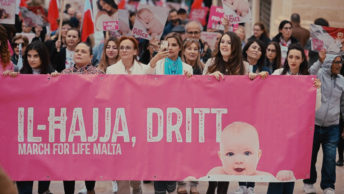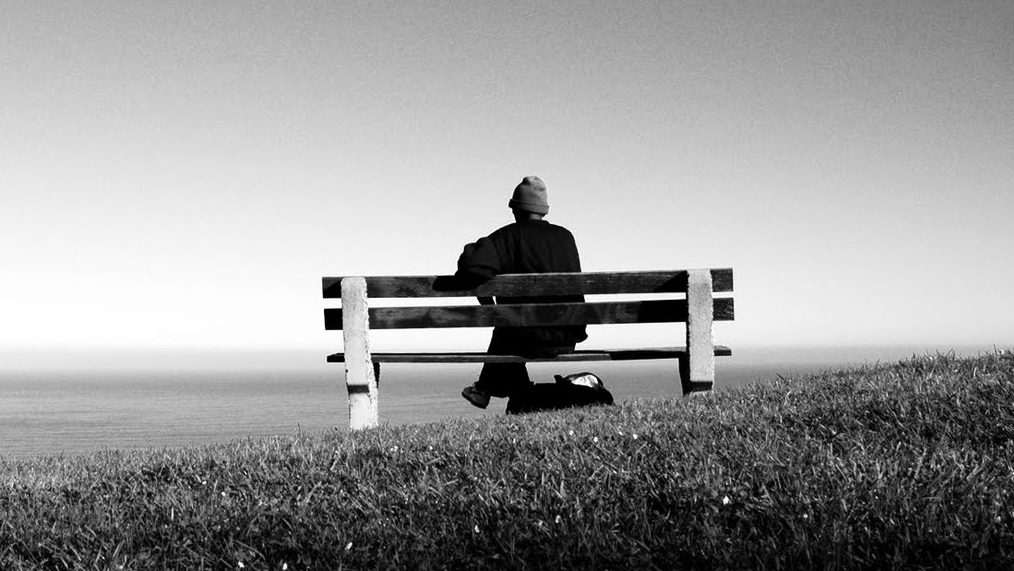Abortion has been a thorn in the side of American society since the Roe vs. Wade decision on January 22, 1973. Since then, abortion has become the most verboten of all subjects for polite conversation. It has divided political parties, households and churches and has even led to arguments in Catholic men’s Bible study groups.
Its wicked cords of history have knotted America’s moral structure in a conundrum that is subtlety more complex than was slavery, which literally tore the nation apart in the mid-19th century.
Like its antebellum counterparts, the House of Abolition is torn between those who wish to rip abortion from the public and legal landscape by its root and branches and those incrementalists who believe in a piecemeal policy, comparable to a political containment will eventually stifle its growth and put it out of business.
For decades, many pro-life groups have been bogged down in petty debates over hurt feelings and turf disputes. Because of the failure of its political leaders to make any real progress in the last 43 years, Roe is still deeply embedded in the legal landscape.
This is partly true because too many practical politicians, who lack the courage of their pro-life sentiments, have allowed for certain exceptions to abortion. They stress their opposition to abortion in all cases except those for rape, incest and the life of the mother.
While these exceptions, according to my calculations, amount to no more than 16,500 out of the approximately 1.1 million aborted babies annually, these innocent victims are still deserving of public protection without consideration for the relative circumstances of their conception.
Politicians with exceptions fail to understand that to allow the slaughter of these innocents undermines the rationale for their opposition to all other abortions.
On another note, what many of us in this House Divided fail to understand is that abortion is not a battle of conflicting ideas, though common rhetoric might imply that, but one of feelings and passions. Too many of us have failed to understand the high priority of emotions in this acrimonious debate.
Few people of good will can envision forcing a young woman to bear her father’s child or that of an assailant. It would take the heroic act of a real saint to bring these children to term. Yet sometimes we are called to perform acts of moral heroism and saintly courage. We cannot allow ourselves to be intimidated by a pro-abortion media that want the abortion privilege to permanently reign in American culture.
The secular media has unfairly painted the Church in misogynistic tints for the last 60 years. Church leaders have had to walk on eggshells to avoid lending any credence to these vicious attacks. Of all the exceptions it is the life of the mother, not the broader health of the mother, which poses the most difficulty for the House of Abolition and the Catholic Church.
Not too long ago I reread The Cardinal, a 1950 book by Henry Morton Robinson. The novel included a graphic scene in which the ambitious young Monsignor Stephen Fermoyle was asked to permit a craniotomy — the crushing of a baby’s head upon delivery — to save the life of his unmarried sister who had been in labor for three gruesome days. Under great personal emotional duress, he told the doctors to try to save both of them.
Of course, only the baby survived. I believe that seeing this depicted in the subsequent movie 20 years later might have helped fuel the underground swell for Roe v. Wade. Msg. Fermoyle’s decision was very difficult but often the morally correct decision is not the easy one.
The abortion industry knows this is our Achilles heel. Onion magazine once printed a satirical article about a new anti-abortion pill that killed the mother without harming her fetus.
Years ago, I tried to address this most difficult exception in my play, A Perfect Choice. Though it ran only two performances at our local Catholic Playhouse, it made the point more emphatically than Robinson’s book because it was the father who made the choice, which he based, not on his faith, but on that of his endangered wife.
In Perfect, both patients died and his five-year old daughter provided the drama in her attempt to reconcile after 25 years of paternal hatred and anger.
The Church’s opposition to all abortion is based on the principle of the sanctity of human life. A person cannot will or cause the death of one as a means of saving the other. The moral principle of double effect applies in cases where the death of the child or mother is only the secondary result of, for example, radiation treatment for the mother’s cancer or an ectopic pregnancy.
The mother does not have to sacrifice her life for her child but many have, such as St. Gianna. None of the exceptions are easy nor perfect choices. They all demand exceptional courage and the solid application of Catholic principles on the sanctity of human life, despite what the reigning emotional arguments maybe.








